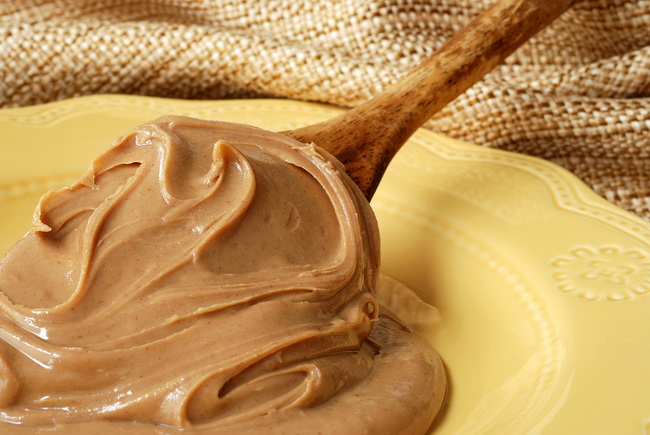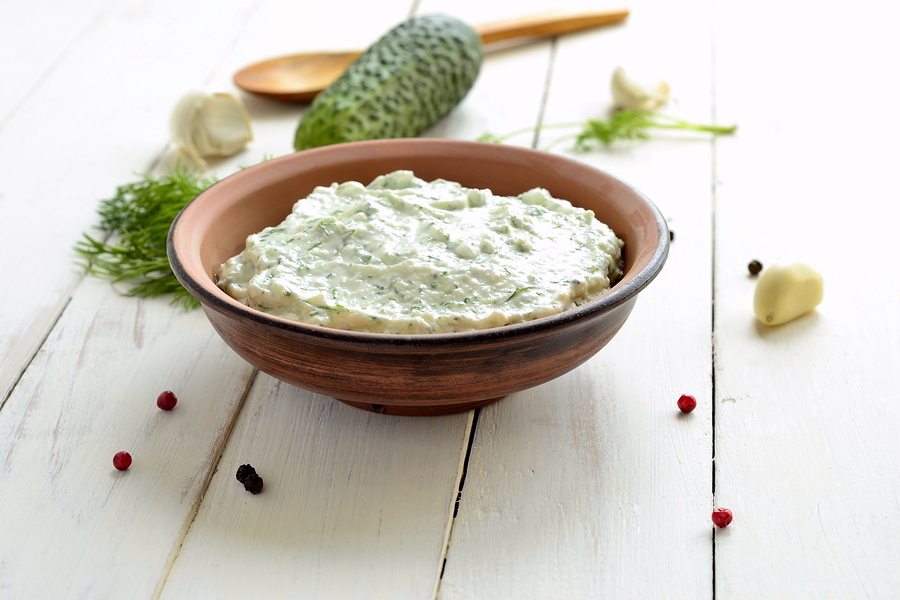- Make It Yourself Lavender Heart-Shaped Bath Bombs!
- 20 Things You Never Knew About “Down There”
- 12 Best Foods For Those Suffering From Arthritis Pain
- 12 Personal Hygiene Mistakes Almost Everyone Makes (Mom Never Told You About #4!)
- 15 Medicinal Plants And Herbs From The Cherokee People
- 12 Mind-Blowing Benefits Of Drinking Coconut Water During Pregnancy
- 12 Outstanding Winter Foods That Won’t Fatten You Up Like A Christmas Turkey
Top 20 Alternative Sources Of Protein Other Than Meat

Photo credit: bigstock.com
Protein is an important part of everyone’s diet. It is responsible for repairing and building your muscle tissue, it helps to keep your weight within a healthy range, and it can keep your appetite under control. Most people count on meat, chicken, and seafood as their main sources of protein. But people who have adopted a vegetarian lifestyle need other sources of protein to choose from.
The Recommended Dietary Allowance of protein each day per the USDA is 10 to 35 percent of your total calories. To be more specific, you need 0.8 grams of protein for every 2.2 pounds that you weigh. The average comes out to 56 grams each day for an inactive man and 46 grams for a sedentary woman. Here are top selections to try if you are a vegan or if you just want to start with a meatless Monday.
1. Chia seeds 4 grams per 2 tablespoons
Yes, these are the same chia seeds that make up the popular Chia pets that are sold on television. Not only do they have protein but they have all of the amino acids and help to keep your blood sugar even. Add them to pudding or yogurt.
2. Quinoa 4 grams per 1/2 cup
This grain has gained popularity in recent years. Pronounced keen-wa, it has protein, unsaturated fats, and a healthy amount of fiber to keep you satiated. You can pair it with veggies and create your own quinoa bowl.
3. Ezekiel bread 4 grams per slice
You can do everything with this bread as you can with just about any other bread except it is made of sprouted grains instead of flour. It is brimming with amino acids and using it to make a sandwich is a great way to get your protein intake in without eating meat.
4. Artichoke 4.2 grams per piece
The good news is that artichokes are not only high in protein but they have two times the amount of fiber as kale.
Continue to Page 2

Photo credit: bigstock.com
5. Spinach 5 grams per cup
You can enjoy an entire cup of spinach for around the same amount of protein as an egg. This power-packed veggie is great steamed or as a fresh salad with a vinaigrette dressing.
6. Cashews 5 grams per ounce
Most nuts make great sources of protein-rich snacks. Cashews are delicious and contain biotin so your nails and hair will always be at their best when you include them in your diet.
7. Almonds 6 grams per ounce
Almonds are a great way to keep a healthy high protein snack at your fingertips at all times. They come in a variety of flavors and need no refrigeration. With their level of protein, just a handful will keep your blood sugar levels on an even keel.
8. Sundried tomatoes 6 grams per cup
In addition to being packed with protein, sundried tomatoes have lycopene, potassium, and fiber. You can put them in salads and on sandwiches.
9. Eggs 6 grams per egg
Eggs are almost a perfect food. They have a good amount of protein and can be eaten in a variety of ways. From fried, scrambled, or poached, you can also use them to make a quiche or an egg salad.
Continue to Page 3

Photo credit: bigstock.com
10. Peanut butter 7 grams per 2 tablespoons
Peanut butter may be high in fat but there are varieties that are made without hydrogenated oils, sugars, or salt. Spread on toast, peanut butter makes an excellent way to start your day.
11. Beans 7-10 grams per 1/2 cup
There is a wide variety of beans to choose from, all have a good amount of protein, and are an excellent replacement for meat. Most also have a high fiber content so you will stay full longer.
12. Green peas 8 grams per cup
At just one cup, peas carry an impressive 8 grams of protein and can provide you with all of the vitamin C you need for the day. They make a great side dish or you can use them to create a different type of hummus.
13. Shelled pumpkin seeds 9.6 grams per ounce
Pumpkin seeds make a great snack or added crunch to a salad. Besides protein, they contain zinc, phosphorous, and magnesium.
14. Cottage cheese 13 grams per 1/2 cup
If you are able to digest dairy products, cottage cheese is a nutritious base for a fruit salad. It can be used in cooking and can replace ricotta cheese in a vegetable lasagna.
15. Banza pasta (chickpeas) 14 grams per 2 ounces
With its high protein content this pasta, made from chickpeas, is gluten free but is high in fiber so it will keep you feeling full. One regular size serving will up your protein intake by 25 grams.
Continue to Page 4

Photo credit: bigstock.com
16. Greek yogurt 17 grams per 6 ounces
There is a wide assortment of flavors of Greek yogurt currently available. You can enjoy them with fruit or plain and add your own. Use it in cooking as a replacement for regular yogurt.
17. Protein powder (vegan) 15 to 20 grams per ounce
One of the easiest ways to replace meat as a source of protein is to use a protein powder in your morning smoothie. Choose a vegan brand in a flavor of your choice and you’re ready to start your day filled with energy.
18. Lentils 18 grams per cup
Lentils are on the bland side but they make up for it with their health benefits. They are high in fiber, rich in iron, and can help to reduce your cholesterol levels. They are mostly consumed as a soup.
19. Edamame 34 grams per 1/2 cup
This vegetable is a form of soybeans and is a complete protein. Edamame has twice the amount of protein as the same amount of chicken.
READ ALSO: 5 Amazing Foods To Improve Your Protein Game On A Meatless Diet Infographic
20. Seitan 36 grams per 1/2 cup
If you are able to tolerate gluten, seitan comes from wheat and is packed with protein. It can actually be used in place of meat but many vegetarians feel that it is too similar in texture.
References:
































